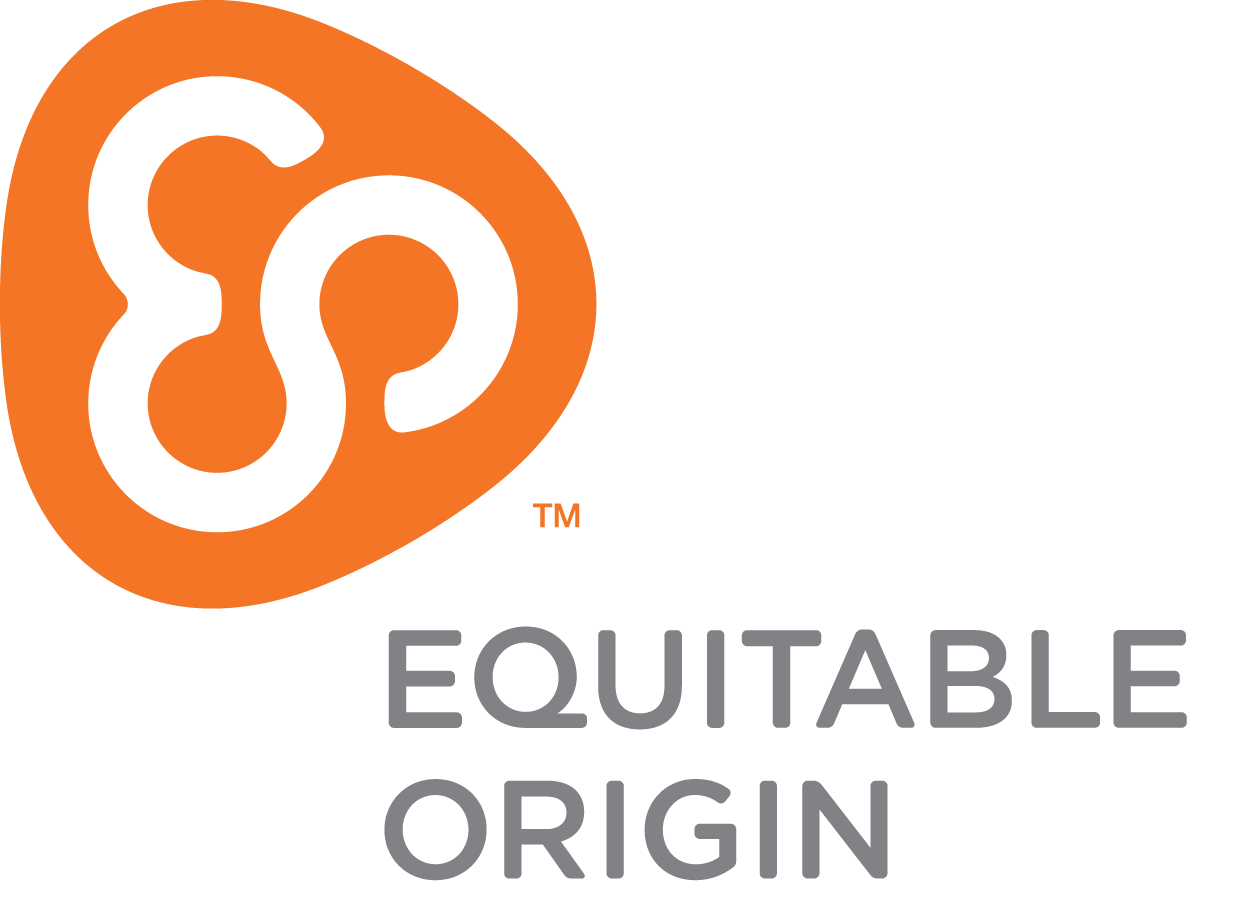EO100 Standard for Responsible Energy
Organization
Type(s) of Tool
Sector(s)
Lifecycle Phase(s)
Open Source
Language Availability
Country of Origin
Date of Development
Version
Description
The EO100™ Standard for Responsible Energy is a set of rigorous performance standards for energy development projects that was developed by the non-profit organization “Equitable Origin” based on a consensus from industry, NGOs, affected communities and government agencies to incentivize excellence in social and environmental performance of energy projects. The EO100™ Standard provides a framework to monitor on-the-ground performance as well as company-level policies. The tool confirms responsible business practices through independent verification with the option of a third-party certification.
Tool Outcome
The EO100™ Standard provides a framework to monitor on-the-ground performance as well as company-level policies. It confirms responsible business practices through independent verification with the option of third-party certification. This provides assurance to investors, regulators, communities and employees that energy generation or production projects are operating responsibly and that steps have been taken to ensure social and environmental impacts are addressed in order to achieve a positive overall outcome for all stakeholders.
Sustainability Criteria
The tool measures sustainability across 46 criteria organized in 5 impact areas:
– Corporate governance, transparency & business ethics
– Human rights, social impacts & community development
– Indigenous peoples’ rights
– Fair labor & working conditions
– Climate change, biodiversity & environmentonment

